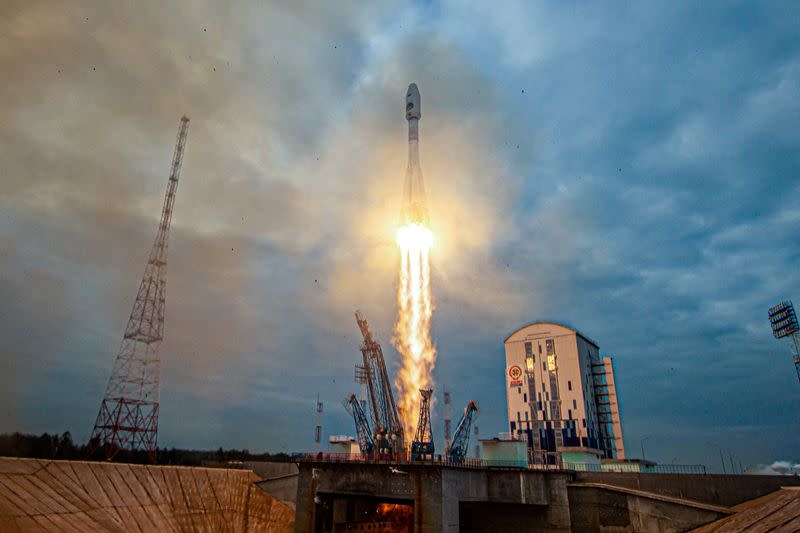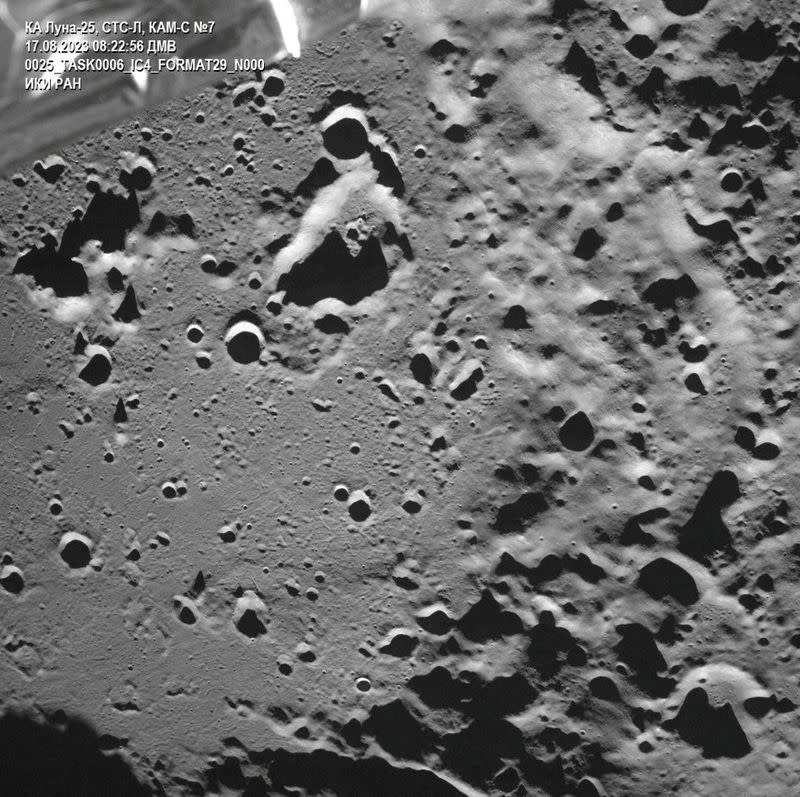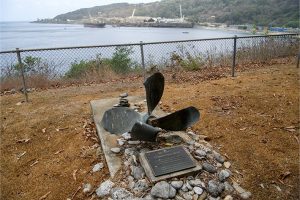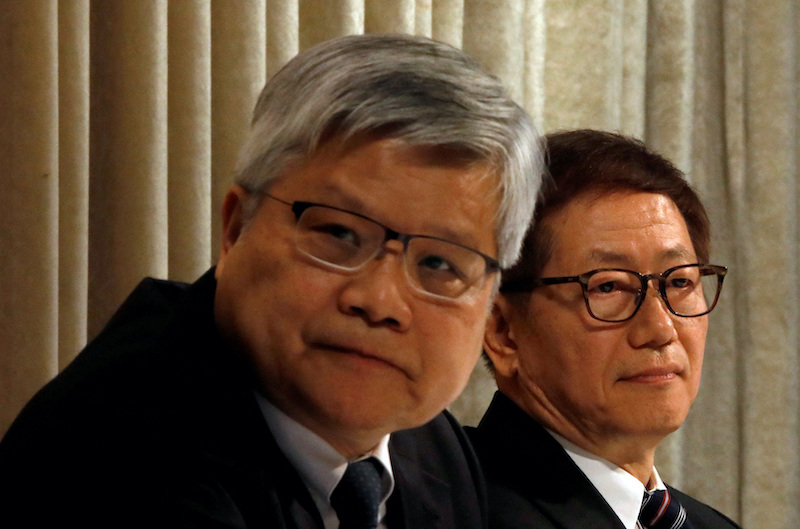Russia’s first moon mission in 47 years ended in a dismal failure on Saturday, when the Luna-25 spacecraft spun out of control and crashed into the moon.
Russian space corporation Roskosmos said it lost contact with the craft at 11:57 GMT on Saturday after the craft was shunted into pre-landing orbit in preparation for a soft landing for Monday.
Experts said the drama showed the the post-Soviet decline of a once mighty space programme.
“The apparatus moved into an unpredictable orbit and ceased to exist as a result of a collision with the surface of the Moon,” Roskosmos said in a statement.
ALSO SEE: Camp David Summit Signals New Cold War, With China – Observer
It said a special inter-departmental commission had been formed to investigate the reasons behind the loss of the Luna-25 craft, whose mission had raised hopes in Moscow that Russia was returning to the big power moon race.
The failure underscored the decline of Russia’s space power since the glory days of Cold War competition when Moscow was the first to launch a satellite to orbit the Earth – Sputnik 1, in 1957 – and Soviet cosmonaut Yuri Gagarin became the first man to travel into space in 1961.
It also comes as Russia’s $2-trillion economy faces its biggest external challenge for decades: the pressure of both Western sanctions and fighting the biggest land war in Europe since World War Two.
Russia had not attempted a moon mission since Luna-24 in 1976, when Communist leader Leonid Brezhnev ruled the Kremlin.
Russian state television put news of the loss of Luna-25 at number 8 in its line up at noon and gave it just 26 seconds of coverage, after a news about fires on Tenerife and a 4 minute item about a professional holiday for Russian pilots and crews.

Racing India for lunar landing
Russia has been racing against India, whose Chandrayaan-3 spacecraft is scheduled to land on the moon’s south pole this week, and more broadly against China and the United States which both have advanced lunar ambitions.
“India’s Chandrayaan-3 is set to land on the moon on August 23,” the Indian Space Research Organisation (ISRO) posted on X, formerly Twitter, around the time news of the Luna crash broke.
Russian officials had hoped that the Luna-25 mission would show Russia can compete with the superpowers in space despite its post-Soviet decline and the vast cost of the Ukraine war.
“The flight control system was a vulnerable area, which had to go through many fixes,” said Anatoly Zak, the creator and publisher of www.RussianSpaceWeb.com, which tracks Russian space programmes.
Zak said Russia had also gone for the much more ambitious moon landing before undertaking a simpler orbital mission – the usual practice for the Soviet Union, the United States, China and India.
Complaints about poor managers
Russian scientists have repeatedly complained that the space programme has been weakened by poor managers who are keen for unrealistic vanity space projects, corruption and a decline in the rigour of Russia’s post-Soviet scientific education system.
More than a decade ago, the failure of the 2011 Fobos-Grunt mission to one of the moons of Mars underscored the challenges facing Russia’s space programme: it could not even exit the earth’s orbit and fell back to earth, smashing into the Pacific Ocean in 2012.
Eventually, in the early 2010s, Russia settled upon the idea of the Luna-25 mission to the south pole of the moon. Luna-25 did manage to exit the earth’s orbit.
But its failure means that Russia may not be the first to sample the frozen water which scientists believe the south pole of the moon holds.
It was not immediately clear what long-term impact the failed mission would have on the country’s moon programme, which envisages several more missions over coming years.
- Reuters with additional editing by Jim Pollard
ALSO SEE:
India’s Chandrayaan-3 Moon Mission Shares Historic Photos – BBC
China’s Next-Gen Rocket Could Take 7 to Moon, Space Station
China Soars Ahead of SpaceX in Methane-Liquid Rocket Race
Japan Plans to Beam Solar Power From Space by 2025 – engadget
South Korea Halts Space Rocket Take-Off Hours Before Launch
























